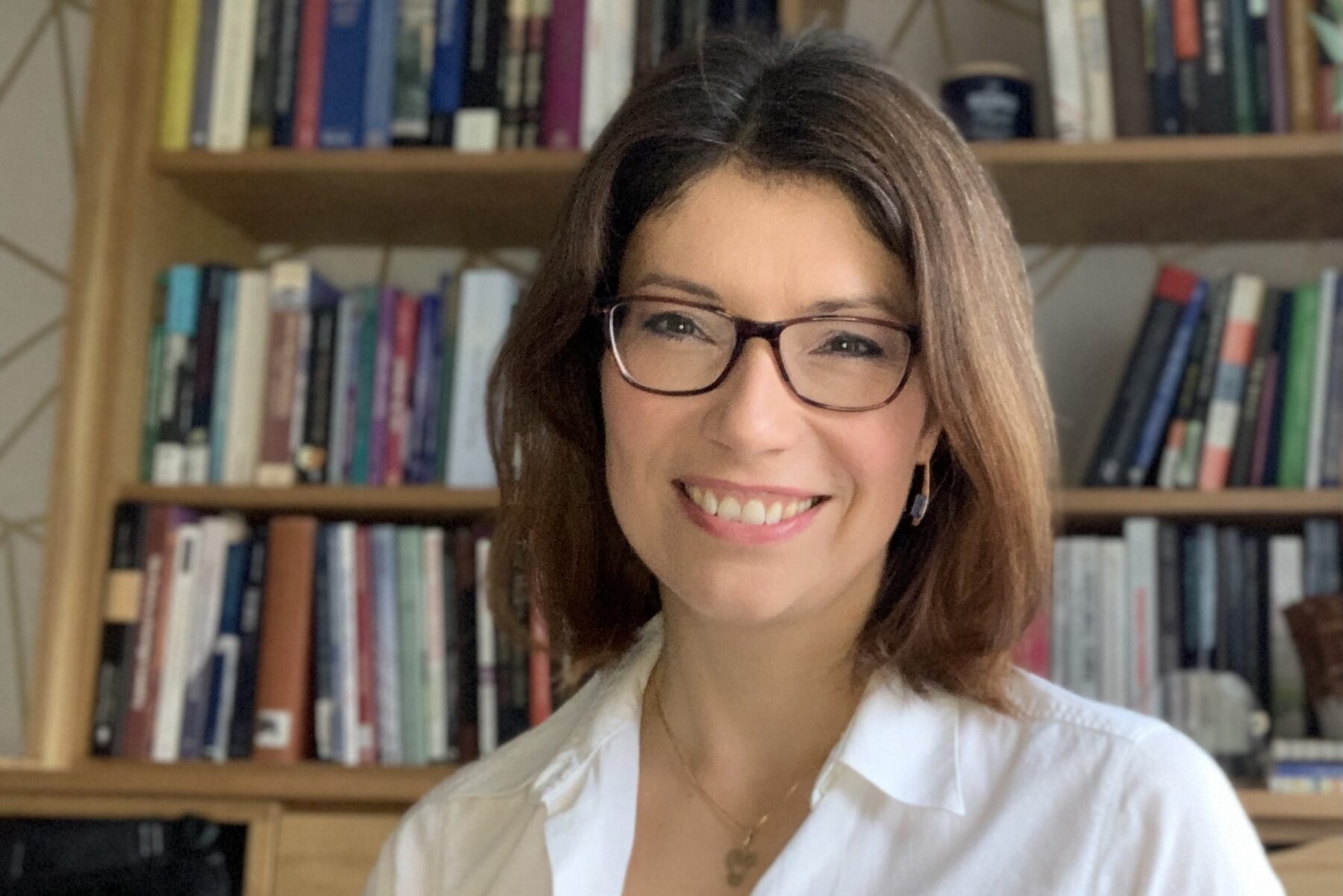Professor Stephanie Decker was conferred to the Fellowship of the Academy in spring 2024. She is Deputy Dean and Professor of Strategy at Birmingham Business School, University of Birmingham. As a historian working at a management school, most of Stephanie’s work is concerned with the connection between the social sciences and history, specifically organisation studies and strategy. She has published in journals including Academy of Management Review, Human Relations, Journal of Management Studies, Organization, Business History Review, and Business History.

Professor Stephanie DeckerFAcSS
Through her research and publications, Stephanie has introduced methods for archival and digital archival research and has contributed to the debates about the role of historical methods and theory in business research. As part of this area of her work, she co-edited the Handbook of Historical Methods in Management (Edward Elgar, 2023).
Her historical research focuses on business, entrepreneurs and the wider political economy on the African continent. In her book Global Business History and Postcolonial Transition: British Multinational Companies in Ghana and Nigeria (Routledge, 2023) Stephanie focuses on how formerly colonial multinationals adapted to the changing political and economic environment in postcolonial African states.
Stephanie is joint editor-in-chief of Business History, on the editorial board of Organization Studies, Journal of International Business Studies and Accounting History, and Co-Vice Chair for Research & Publications at the British Academy of Management.
Why do the social sciences matter?
The social sciences provide meaningful insights into how people, communities and, ultimately, individuals navigate a complex world. For me, the strength of the social sciences lies in their capacity to draw out similarities between often very different contexts and highlight the motivations behind certain interpretations or decisions. Social science research helps make sense of the seemingly inane, mysterious, irrational or simply incomprehensible. I see that as our greatest contribution to society.
What inspires you about your work?
Many things – the freedom to explore, the varied nature of what I research and how I can research it, working together with colleagues or on my own. I find it intellectually stimulating that there are few hard and fast answers in the social sciences, and knowledge can be more perspectival than definitive.
What is the most urgent issue social scientists need to tackle today and within the next three years?
Having a voice in the conversations and deliberations about the great challenges the world is changing – from climate change and poverty alleviation to geopolitical tensions and wars. Urgency often distracts from the contributions that social scientists can make, because it leads people to simplify problems, which can make them more intractable.
What does being a Fellow of the Academy of Social Sciences mean to you?
I was trained in history departments but always saw myself as a social scientist working on historical questions. This tension between how humanities approach questions and problems and how social scientists approach them provided a really creative intellectual challenge for me. For most of my academic career, I worked at business schools, so in a social science environment, where I am always ‘the historian’ (which I also quite enjoy). Nevertheless, being recognised by my fellow social scientists as a Fellow of the Academy of Social Sciences is a great honour for someone whose professional identity has always been focused on working across disciplinary boundaries.